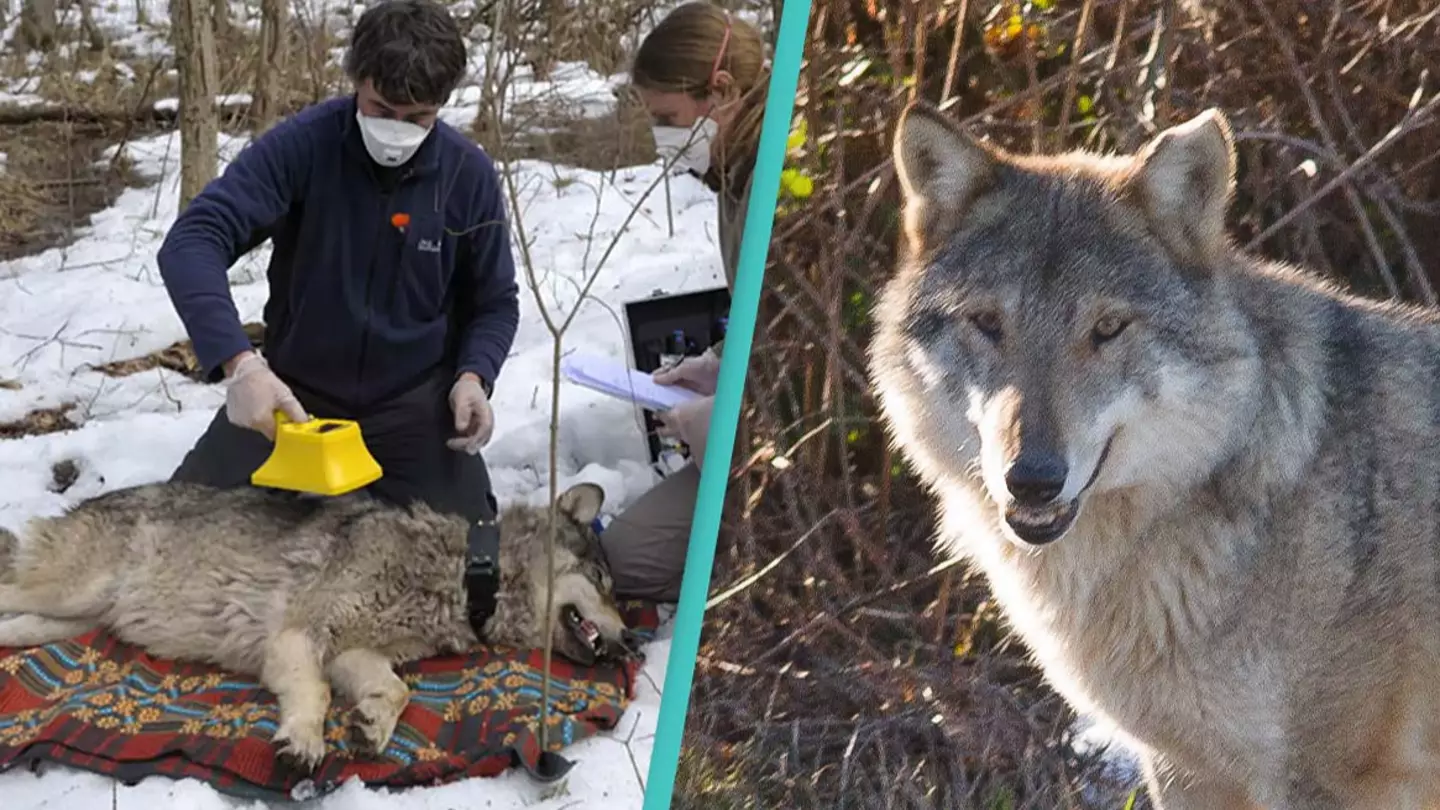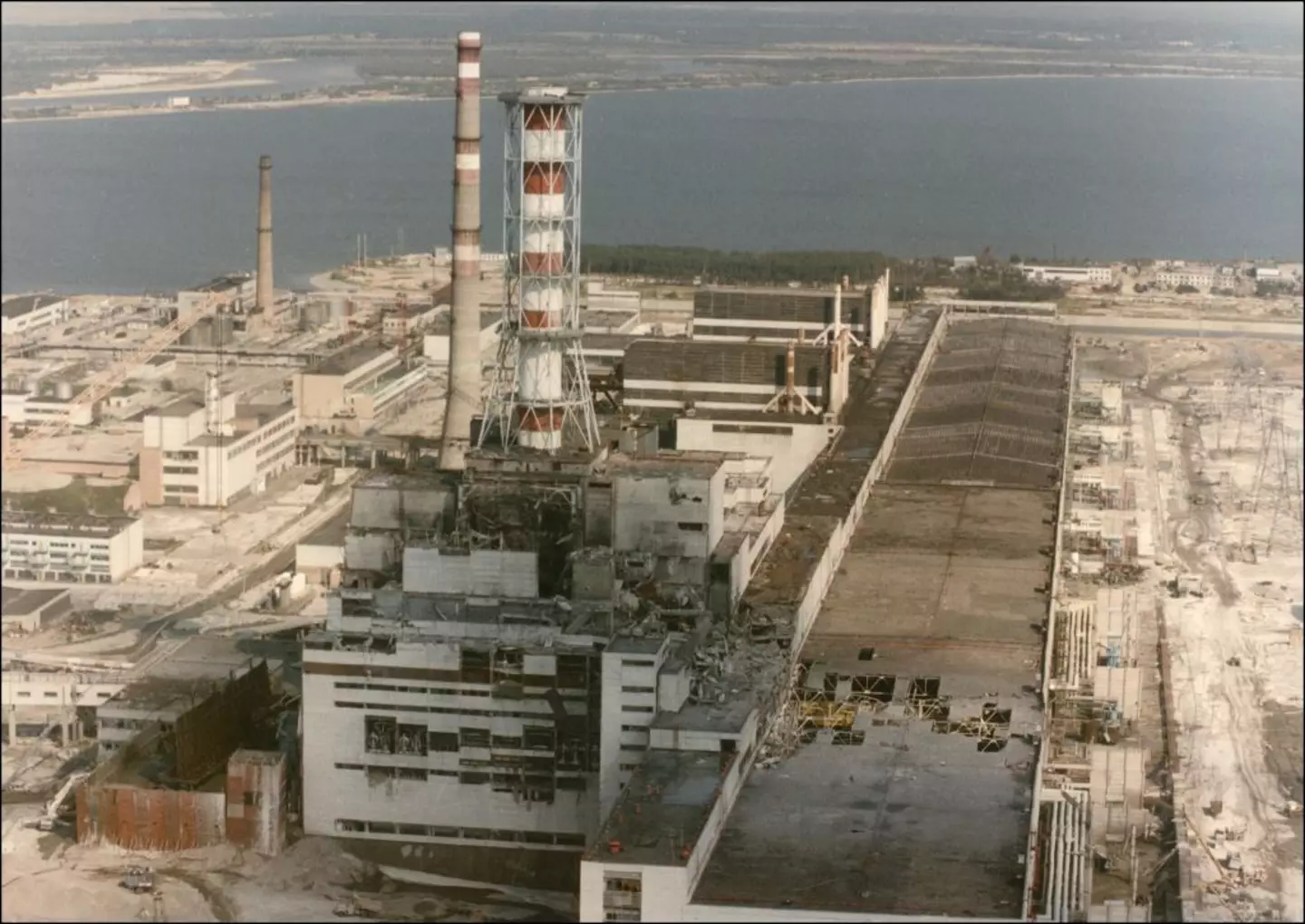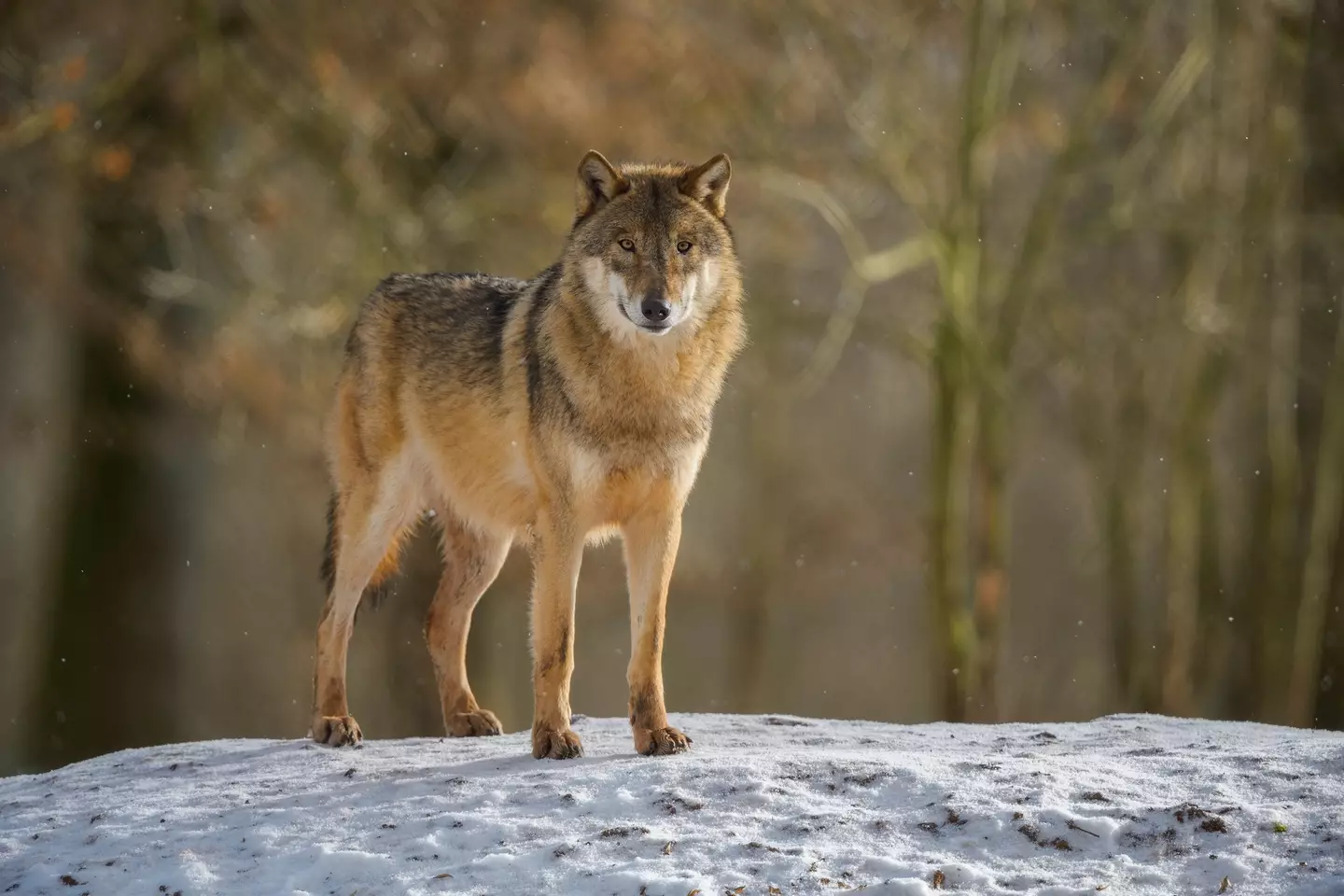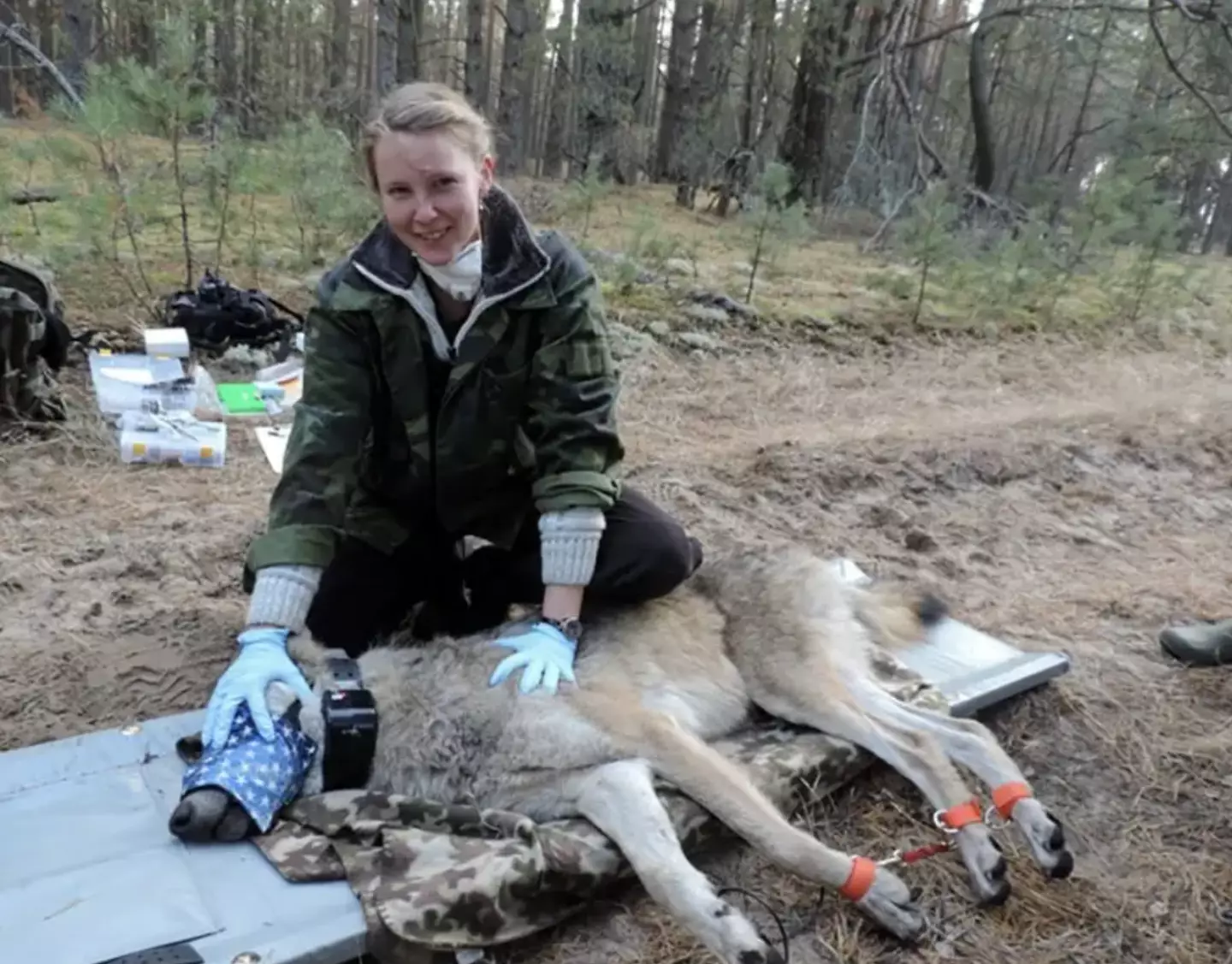
The Chernobyl Exclusion Zone is believed to contain 'mutant wolves' that can survive there, despite it being a 'radioactive' zone.
Chernobyl is known as one of ‘the world’s worst nuclear accidents’ and despite the horrific accident occurring almost 40 years ago, the effects are still long-lasting.
The deadly explosion that happened in the No. 4 reactor at Pripyat's Chernobyl Nuclear Power Plant in 1986 saw radiation plague Ukraine and Eastern Europe.

31 people died as an immediate result of the explosion, and despite the residents of Pripyat being evacuated, it has been predicted a further 4,000 people went on to die and suffer from radiation poisoning over the following years.
Advert
The Chernobyl Exclusion Zone, one of the most radioactively contaminated areas in the world, has been deserted ever since and only allows visitors for short periods of time due to the risk of cancerous cells being developed in the body as a result of the high radiation levels.
But it turns out the exclusion zone isn't as deserted as we thought.
Amongst the thriving sanctuary of plants and forests are animals who've managed to adapt to the dangerous living conditions - including 'mutant wolves'.

The wolves that currently roam Chernobyl are said to be exposed to 11.28 milligrams of radiation daily for their lifespans - more than six times the legal safety limit for humans.
Advert
While it’s not completely clear why or how the wolves have managed to thrive in radiation, it’s believed that they’ve become acclimatized as their immune systems appeared different than normal wolves’ - similar to those of cancer patients going through radiation treatment.
Evolutionary biologist and ecotoxicologist in Shane Campbell-Staton’s lab at Princeton University, Cara Love has been studying the mutant wolves and how they manage to survive in the climate, and presented her research to the Annual Meeting of the Society of Integrative and Comparative Biology in Seattle, Washington, last month were she revealed her findings.
Back in 2014, Love and her colleagues entered the Chernobyl Exclusion Zone and managed to secure GPS trackers to the collars of the wolves, and also took blood from the hounds in an effort to understand their responses to the cancer-causing conditions.

The research they’re collecting could be key to examining how gene mutations in humans could increase the odds of surviving cancer — flipping the script on many known gene mutations, like BRCA, that cause cancer.
Advert
With the fitted GPS trackers available, the scientists were able to collect data on measurements of how much radiation they can be exposed to.
It’s theorized that the Chernobyl dogs, which are descendants of former pets, may possess cancer resilience.
Topics: Animals, Chernobyl, Science, World News